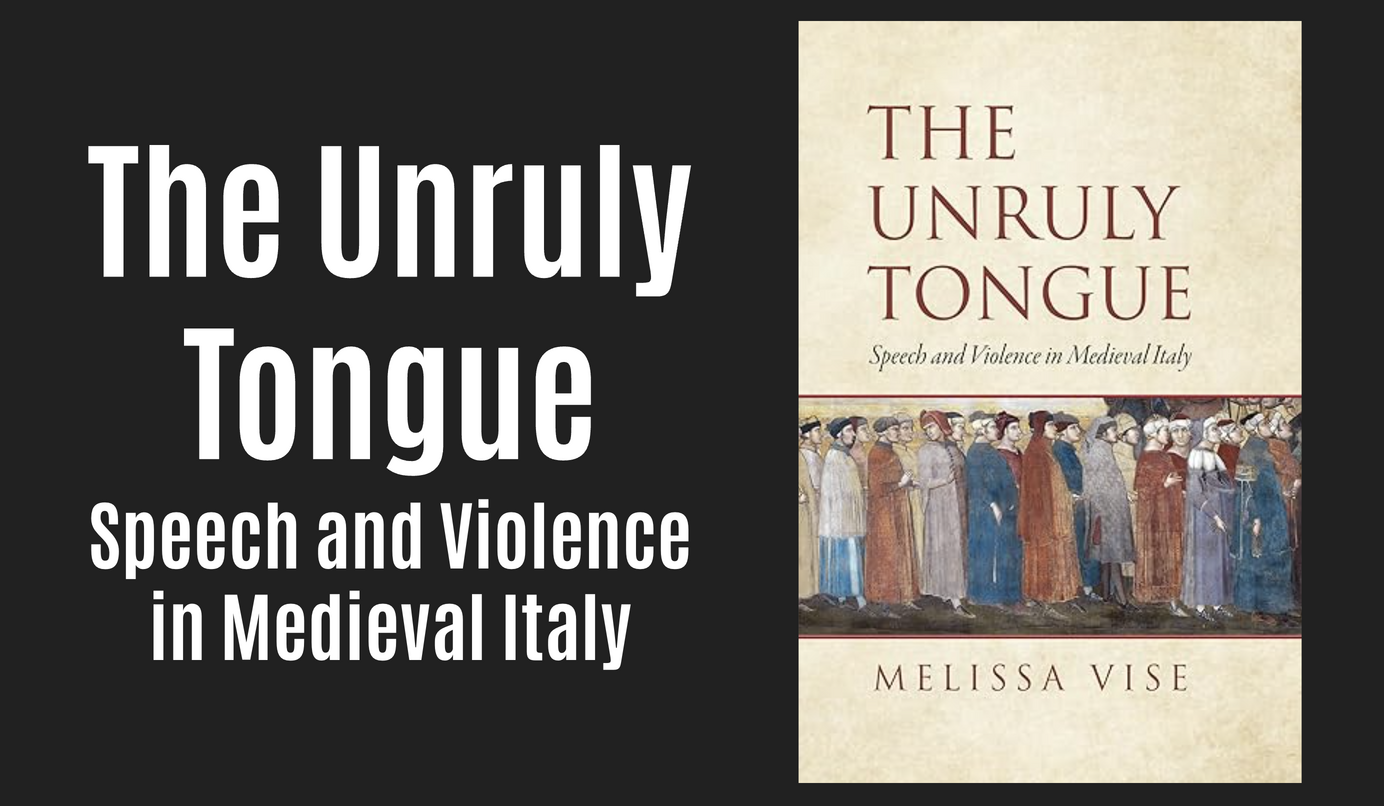
"How free should speech be? And what limits, if any, should restrain it? This question echoes across centuries-from modern debates to the turbulent politics of medieval Italy. This book examines the latter, revealing how words shaped power, conflict, and society in the city-states of medieval Italy. Excerpt: What do words do? And has "what words do" changed over time? This book answers the latter question with a resounding "yes" by articulating a historicized response to the former."
"But by the end of the thirteenth century, those political forms were in crisis. Known as the "time of Dino and Dante," the turn of the fourteenth century witnessed not only those authors' brilliant compositions - the Cronica ( Chronicles) of Dino and, among others, the Divina commedia (D ivine Comedy) of Dante - but also their laments over what they perceived to be the great loss of their home city, Florence, as it succumbed to violent factional politics and, eventually, overlordship."
Words functioned as instruments of power in the northern Italian communes, shaping alliances, provoking factional violence, and legitimizing rule. Post-Roman republican political forms emerged in the eleventh century but faced mounting crises by the late thirteenth century. The turn of the fourteenth century, the "time of Dino and Dante," combined literary brilliance with acute political lament as Florence fell to violent factionalism and overlordship. Speech operated both as political practice and social force that could incite conflict, regulate behavior, and transform civic life. The phenomenon resonates with modern debates about the limits and consequences of speech in political contexts.
Read at Medievalists.net
Unable to calculate read time
Collection
[
|
...
]